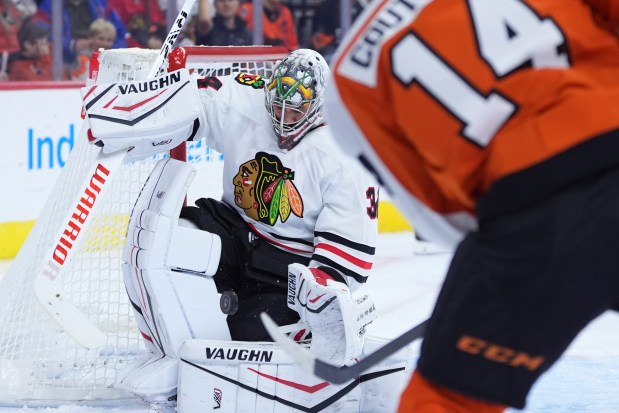Glencoe voters will have the final say on whether to switch to a home rule form of government this fall.
Village trustees unanimously approved a measure to put a home rule referendum on the Nov. 5 ballot at their Aug. 15th meeting.
Under the State of Illinois constitution, home rule municipalities have more local decision-making authority and can opt out of some types of state legislation and mandates unless prohibited to do so by the legislature or the constitution.
Any Illinois community with a population greater than 25,000 automatically receives home rule status. Communities with population of less than 25,000 such as Glencoe must have residents support it through a ballot measure.
Glencoe and Kenilworth are the only North Shore communities lacking home rule authority.
“Home rule is not some magic wand. It is not something that is going to create solutions to all the problems the village is going to face,” Village Manager Phil Kiraly said at an Aug. 12 forum regarding home rule. “It does open us up to consider certain options and those options could be something that works well in our community.”
A leading proponent for a switch to home rule is Village President Howard Roin.
“Home rule gives the village and village residents, rather than the state or county government, control over village affairs,” Roin said at the village board meeting. “In the real world, Glencoe is a blip in the State of Illinois and we can’t control what the state legislature does. What Glencoe residents can control is the Glencoe village board.”
Roin added home rule would allow the village to diversify its revenue stream moving away from the property tax, such as possibly establishing a village-specific sales tax that non-residents would also have to pay.
Roin also spoke at the Aug. 12 session of the possibility of the creation of an amusement tax at the popular Writers’ Theatre.
However, he later said the financial impact was not the reason he is advocating for the switch.
“This is not a gambit to raise people’s taxes,” Roin said. “I didn’t run to be president of Glencoe because I wanted to stick it to the residents and raise your taxes.”
Roin also mentioned with home rule the village would have greater flexibility in terms of length of municipal bonds for infrastructure projects. He said the village is currently limited to 20-year bonds.
In a separate vote at the village board meeting, all trustees supported a promise the board would follow the state’s Property Tax Extension Limitation Law (PTELL) limiting property tax hikes for non-home rule communities to either five percent or the annual increase in the national Consumer Price Index.
However, the possibility of a switch to home rule is drawing opposition from some in the community.
Michael Dobrow, the local governmental affairs director for Illinois Realtors, an organization representing commercial and residential realtors throughout the state, does not support a change.
“Many of our members oppose home rule because there are many instances by elected officials to impose new taxes, fees and regulations that really burden existing residents and stifle growth,” Dobrow said in an interview.
Dobrow said Glencoe’s current officials can be trusted, but he fears that could change.
“They may not be in office forever and future administrations could come in and undo the promises,” he said.
As for Roin’s contention about being able to tax non-residents, Dobrow took a different viewpoint.
“That overlooks the fact that Glencoe residents also patronize these businesses resulting essentially in double taxation,” he said.
There have been previous village board discussions about adoption of home rule in Glencoe in the past, most recently in 2020. However, those conversations were tabled upon the onset of the coronavirus pandemic.
In 1988, Glencoe voters soundly rejected adoption of home rule.
The home rule decision will now be on the same November ballot as a Glencoe Park District $14.7 million bond sale referendum intended to fund capital improvements in the area. The village and Park District are separate units of government.



